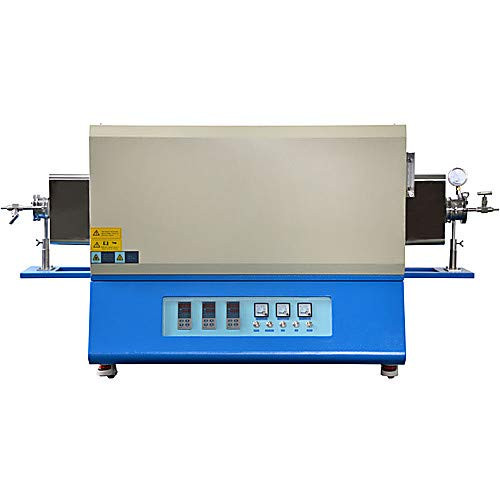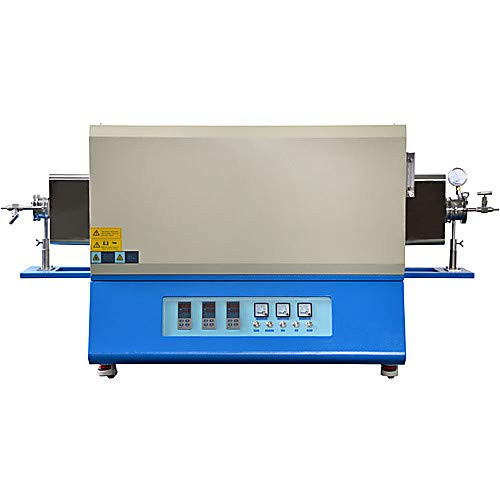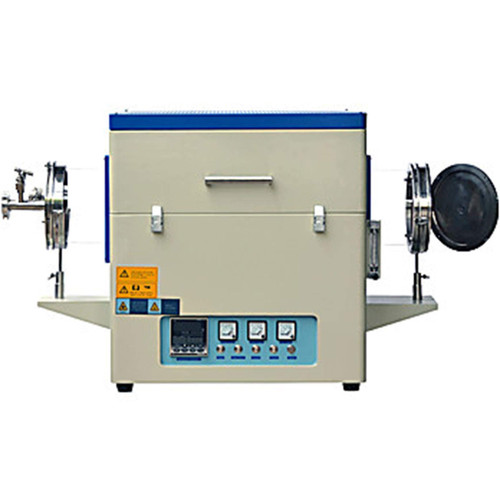Brand: Across International
ACROSS INTERNATIONAL LLC
Details: Synonyms: EPO, human Purity: >98% (HPLC and SDS-PAGE) Storage: 20°C UNSPSC Code: 12352207 RIDADR: NONH for all modes of transport Application: Erythropoietin (EPO) is a glycoprotein which stimulates proliferation and differentiation of erythroid precursor cells (CFU-E, BFU-E) to more mature erythrocytes. EPO is primarily produced in adult kidney and fetal liver cells. Biochem/physiol Actions: Erythropoietin (EPO) controls the synthesis of RBCs (red blood cells) by inducing the proliferation and differentiation of erythroid precursor cells. As it induces erythropoiesis, EPO can be used to treat anemia of cancer patients. General description: Detection of digoxigenin-labeled nucleic acids by enzyme immunoassay and enzyme-catalyzed color reaction. Sigma Life Science is committed to bringing you Greener Alternative Products, which adhere to one or more of The 12 Principles of Greener Chemistry. This product is designed as a safer chemical.-The DIG System was established as a sensitive and cost-effective alternative to using radioactivity for the labeling and detection of nucleic acids. There are many available publications that prove the versatility of the DIG System, so use of radio-labeling is no longer the only option for labeling of DNA for hybridization. Other Notes: For life science research only. Not for use in diagnostic procedures. Physical form: Solution, filtered through 0.2 μm pore size membrane. Preparation Note: Working solution: Dilute the concentrated EPO solution (250 U/ml) with PBS or culture medium containing 1 mg/ml (0.1%) BSA (or HSA) or 1 to 10% serum. Storage conditions (working solution): -15 to -25 °C Store the solution in aliquots at -15 to -25 °C Note: Avoid






